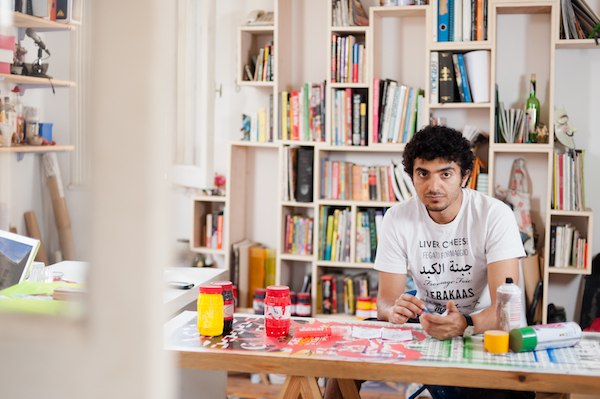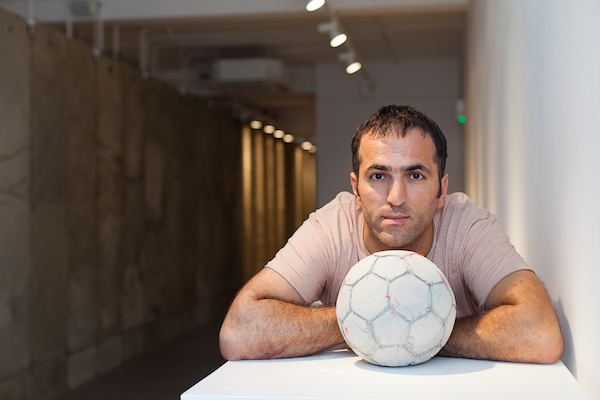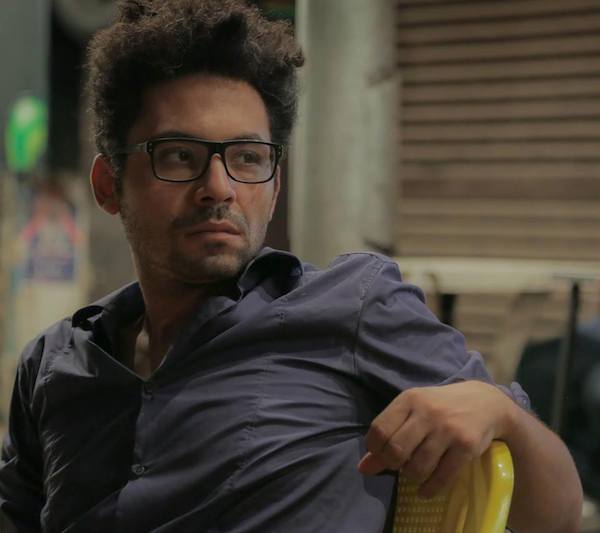Collaborations
On the Move
Political Strategies in Art
On the Move: Political Strategies in Art addresses the ongoing global political and economical shifts reflecting into the works of artists and their chosen working strategies in the real world. The Western (art)world often romanticises the waves of activist art, as evidenced by the recent examples from Latin America (student movement, the related performativity) and North Africa (Arab Spring, new wave of street art).
A step forward from representations of phenomenons, from showing, is real dialogue, and the creation of new ideas and solutions across the boundaries of art and research fields long-term in the South-North axis. The theory as well as art has to take a step forward from the Post-era and try out research and art developed utopian models in the real world.
On the Move is organised in partnership with HIAP and Perpetuum Mobile. The programme is curated by Marita Muukkonen.
On the Move commenced in 2013 with the residencies of artists Ganzeer and Khaled Jarrar, and in 2014 the programme continued with Back to (the) Square 1, commissioned by Checkpoint Helsinki. Back to (the) Square 1, based on fresh curatorial research in Egypt and Palestine, took form throughout March 2014 with public events (screenings, interventions, etc.) and an exhibition at Forum Box.
Back to (the) Square 1 seeks to generate public reflection on how newly rebellious young movements over the world mesh with contemporary art. It features a selection of leading and emerging artists from Egypt and Palestine, and their reflections of artistic insurgencies and documents of resistance from their home towns.
The full programme can be found on the Checkpoint Helsinki website.
In August 2014, the programme continued with To the Square 2, this time organised as a part of the Helsinki Festival. Taking over the central Lasipalatsi Square, To the Square 2 was connected to artistic and political movements on several continents. The programme was curated by Perpetuum Mobile (Marita Muukkonen & Ivor Stodolsky)
The programme is funded by the Finnish Cultural Foundation.



